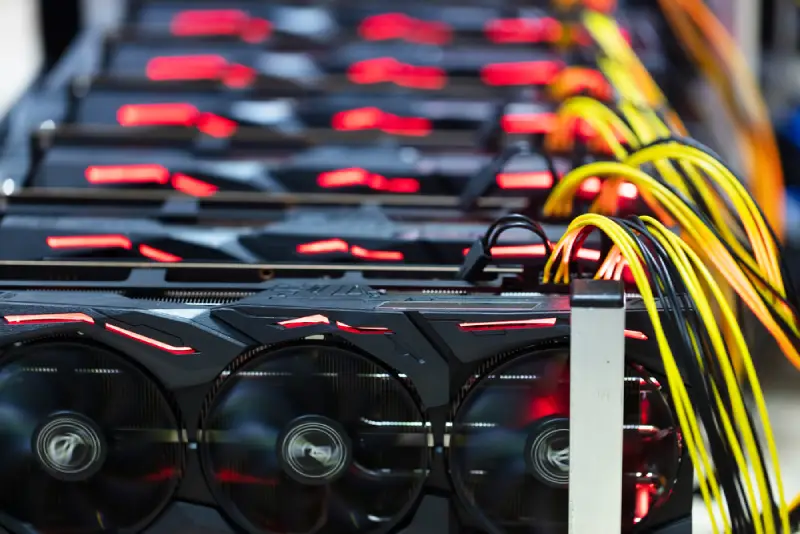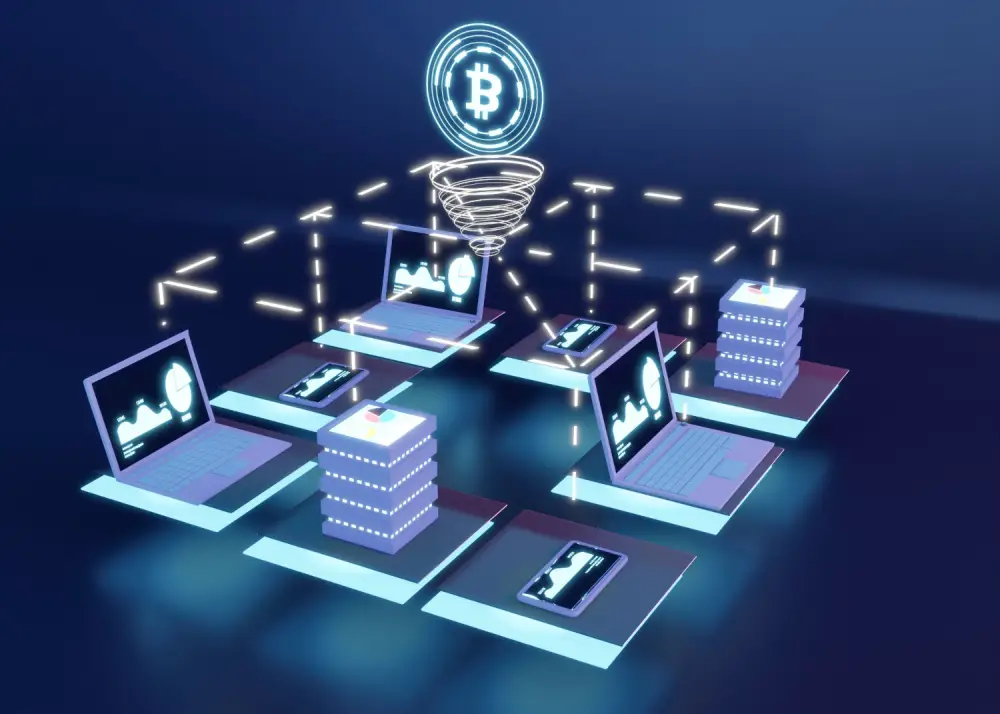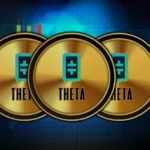Bitcoin mining is the backbone of the Bitcoin network, ensuring the security and integrity of transactions. It involves solving complex mathematical problems to add new blocks to the blockchain, which in turn generates new bitcoins. This process requires significant computational power and energy. In this blog, we will explore how Bitcoin mining works in detail and the key challenges that need to be addressed to improve its efficiency and sustainability.

How Bitcoin Mining Works
1. The Blockchain and Blocks
At the heart of Bitcoin mining is the blockchain, a decentralized ledger that records all Bitcoin transactions. The blockchain is composed of blocks, each containing a list of recent transactions. Miners compete to add these blocks to the blockchain by solving a complex cryptographic puzzle.
2. Proof of Work (PoW)
The process of adding a block to the blockchain is called Proof of Work (PoW). To add a block, miners must solve a computationally intensive puzzle. This puzzle involves finding a nonce (a random number) that, when hashed with the block’s data, produces a hash that meets the network’s difficulty target. This hash must start with a certain number of zeros, making it difficult to generate by chance.
3. Hashing Function
The cryptographic puzzle relies on a hashing function called SHA-256. This function takes an input and produces a fixed-size string of characters, which appears random. Miners repeatedly hash the block’s data with different nonces until they find a hash that meets the difficulty target.
4. Difficulty Adjustment
The Bitcoin network adjusts the difficulty of the mining puzzle approximately every two weeks (or every 2016 blocks) to ensure that blocks are added to the blockchain roughly every 10 minutes. If miners solve blocks too quickly, the difficulty increases; if they solve them too slowly, it decreases.
5. Mining Reward
When a miner successfully adds a block to the blockchain, they receive a block reward, which includes newly minted bitcoins (the “block subsidy”) and transaction fees from the transactions included in the block. Initially, the block subsidy was 50 bitcoins, but it halves approximately every four years in an event known as the “halving.” As of now, the block subsidy is 6.25 bitcoins.
Problems and Challenges in Bitcoin Mining
Despite its critical role in the Bitcoin network, mining faces several significant challenges:
1. Energy Consumption
Bitcoin mining is extremely energy-intensive. The process requires vast amounts of electricity to power the specialized hardware (ASICs) used to solve the cryptographic puzzles. This high energy consumption has led to concerns about the environmental impact of Bitcoin mining. Finding sustainable energy sources and improving the energy efficiency of mining operations are crucial steps to mitigate this issue.
2. Centralization
The high cost of mining hardware and electricity has led to the centralization of mining power in a few large mining pools. This centralization poses a risk to the security and decentralization ethos of the Bitcoin network. Efforts to decentralize mining, such as promoting the use of renewable energy and supporting smaller mining operations, are essential to maintain the integrity of the network.
3. Hardware Costs
The specialized hardware used for mining, known as ASICs (Application-Specific Integrated Circuits), is expensive and has a limited lifespan. As mining difficulty increases, miners must continually invest in new, more powerful hardware to remain competitive. This constant need for investment can be a barrier to entry for new miners and can contribute to centralization.
4. Environmental Impact
In addition to energy consumption, the environmental impact of Bitcoin mining includes the electronic waste generated by outdated mining hardware. Developing recycling programs for old hardware and promoting the use of more sustainable materials in the production of mining equipment are necessary to address this issue.
5. Regulation
The regulatory environment for Bitcoin mining varies widely across different countries. Some countries have embraced mining, while others have imposed strict regulations or outright bans. Navigating this complex regulatory landscape can be challenging for miners, and consistent global regulations are needed to provide clarity and stability.
The Future of Bitcoin Mining
To address these challenges, several solutions and innovations are being explored:
1. Renewable Energy
Promoting the use of renewable energy sources, such as solar, wind, and hydroelectric power, can significantly reduce the environmental impact of Bitcoin mining. Several mining operations are already transitioning to renewable energy, and continued efforts in this direction are vital for the sustainability of the industry.
2. Improved Hardware Efficiency
Developing more energy-efficient mining hardware can help reduce the energy consumption of Bitcoin mining. Innovations in ASIC design and manufacturing processes are essential to achieve higher efficiency and lower costs.
3. Decentralized Mining Pools
Encouraging the use of decentralized mining pools can help reduce centralization and distribute mining power more evenly across the network. These pools use protocols that allow miners to collaborate without a central authority, promoting a more decentralized mining ecosystem.
4. Policy and Regulation
Developing clear and consistent global regulations for Bitcoin mining can provide stability and encourage responsible practices. Policymakers should work with industry stakeholders to create a regulatory framework that balances innovation with environmental and security concerns.
Conclusion
Bitcoin mining is a complex and critical process that underpins the Bitcoin network. While it faces significant challenges, including energy consumption, centralization, and environmental impact, ongoing innovations and efforts to promote sustainability are helping to address these issues. By understanding how Bitcoin mining works and the problems it faces, we can better appreciate the efforts needed to ensure the long-term success and sustainability of the Bitcoin network.
For more insights and personalized advice on navigating the world of cryptocurrencies and Bitcoin mining, feel free to contact us at Sky Pulse Portal. Our team of experts is here to help you make informed decisions and stay updated on the latest developments in the crypto world.
Stay tuned for more updates and in-depth analyses of the ever-evolving world of cryptocurrencies!






